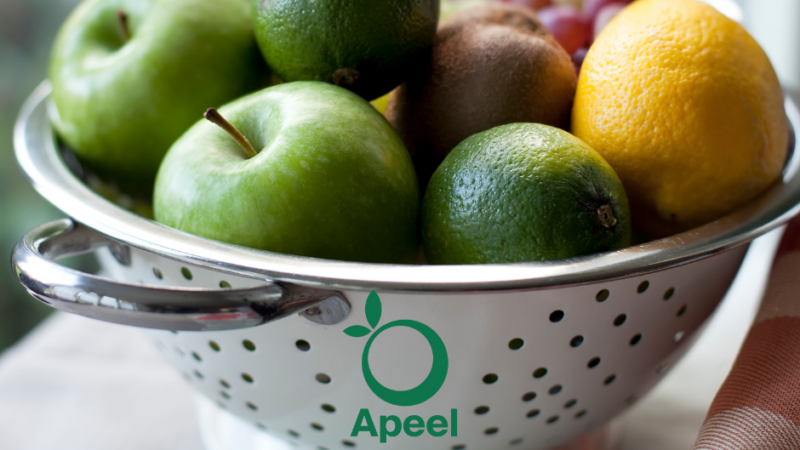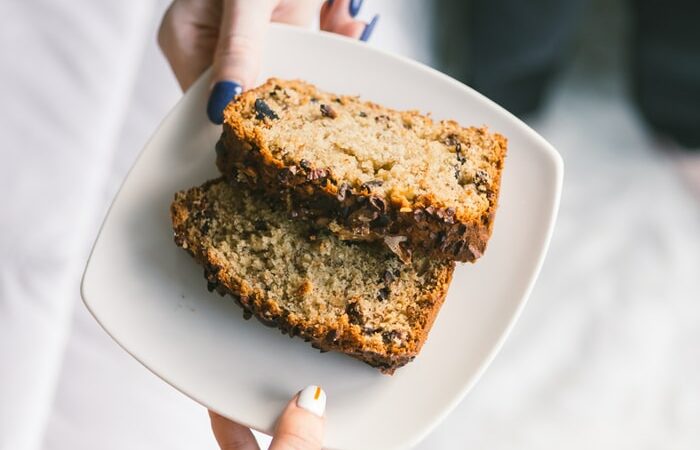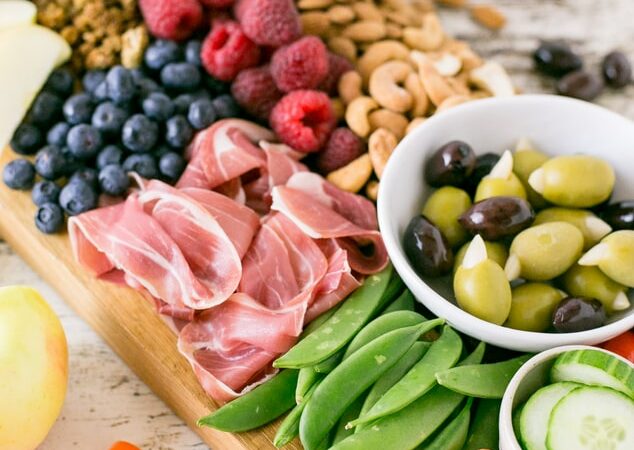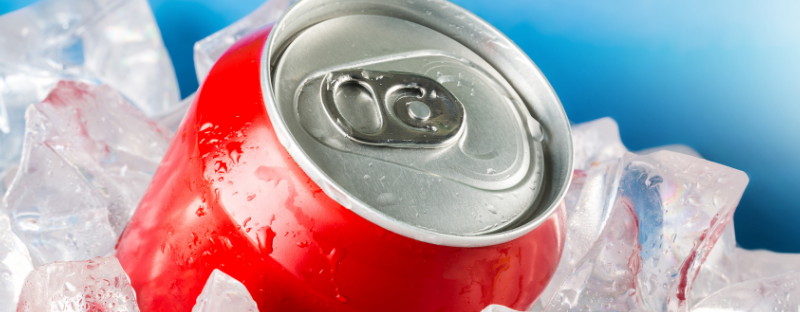Making an Oil Change
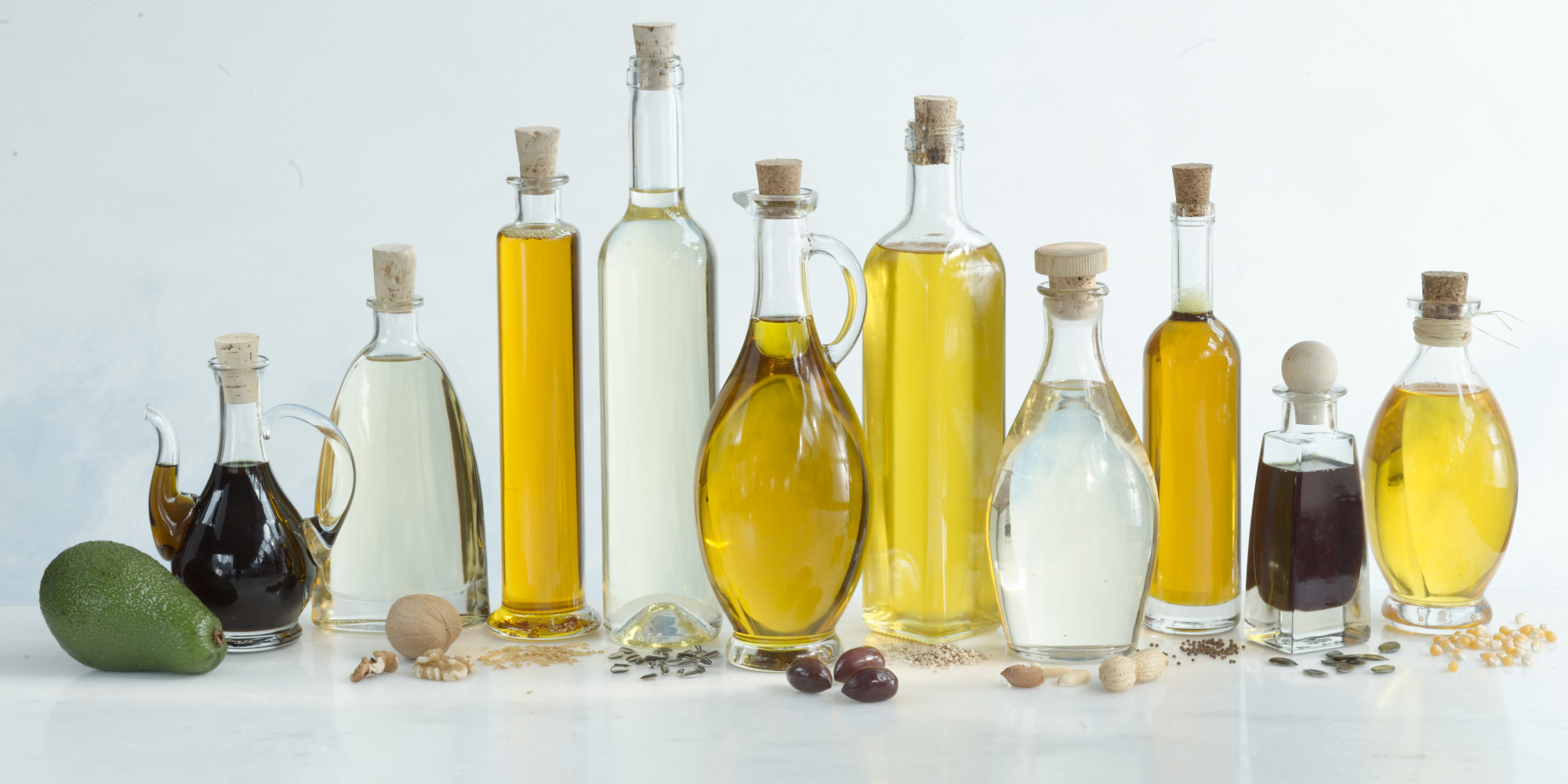
No fat makes no sense! Without adequate daily intake of certain fats, we could not create cell membranes, secrete hormones, maintain our brains and nerves, and mount appropriate inflammatory responses. No fat means no life.
What oil is good for you and what oil not? Rather than simply focusing on the ill effects of unhealthy fats, it is really important to learn about the good ones and encourage patients to integrate these into their daily lives. One of the most important things to understand is which ones can be safely heated and which should only be eaten cold, as flavoring or dressing oils.
HEATING UP THE OILS
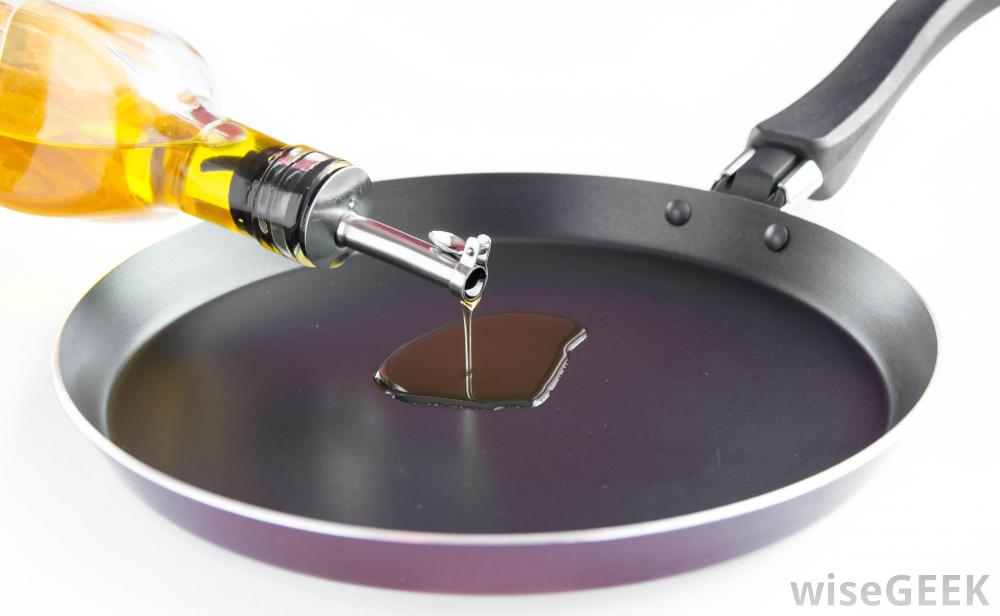
The general rule is that no oil should ever be heated to the point of smoking, as this generates all sorts of free radicals and toxic byproducts, not to mention nasty flavors. Whenever using oil in a pan, try to cook with as low a temperature as possible to get the job done; this will minimize the degradation of the oil.
Oils with high nutritional value like flax, most tree nut oils (walnut, hazelnut, pumpkin seed, pistachio) should not be heated at all, as heat tends to degrade the very nutrients that make these oils valuable. The general rule is, the higher the essential fatty acid content, the lower the smoke-point; the lower the EFA content, the higher the smoke point. So save those expensive EFA-rich oils for salad dressings or for drizzling on steamed vegetables.
Avocado & Olive Oils
Avocado oil is not terribly nutritious, but it is great for cooking, since it can sustain very high heat without smoking, This oil can bear heat levels up to 500 degrees F, so it is ideal for sautées, as well as for popping corn.
Olive oil should be stored in a cool, relatively dark place but it need not be refrigerated, as this will cause it to coagulate. Dr. Riley said it is best to buy olive oil in relatively small amounts. Once opened, a bottle should not be kept for more than 6 months. “Buy the amount you feel confident you’ll use in a 6 month period.”
Great source for Avacado Oil is Thrive Market
Flax Rox!
Flax seed, aka linseed, and the oil pressed from it, is one of nature’s richest sources of essential fatty acids. It contains omega-3s and omega-6s in optimal physiologic proportions, It is also a great source of lignans, which are proving to be important nutrient allies in preventing breast cancer and possibly other hormone-mediated cancers (see Regulators Push to Ban the Trans, below).
WATCH OUT! Flax/linseed is grown in vast quantities for the paint industry, and consequently, many crops are heavily sprayed with pesticides. He recommended oils by the Barleans company (www.barleans.com), which has been in the food-grade flax business for decades.
Flax products are all they make. “They press the oil every day, and do not warehouse it. So they ship it the day they make it, which makes it very fresh.”
Flax is one of the most susceptible oils to degradation from light and oxygen exposure. Buy it only in opaque plastic or glass bottles, and always keep it refrigerated. It can be used as a finishing oil or as a base for salad dressings. But because of its low susceptibility to heat, ban it from the pan.
Consumers hear a lot of different and confusing fat-related terminology: saturated, unsaturated, trans, essential.Holistic Primary Care provided some great insight into these oil terms and their health benefits. Read More at https://holisticprimarycare.net/topics/topics-a-g/cooking-for-health/50-well-oiled-a-guide-to-healthy-dietary-fats.html

